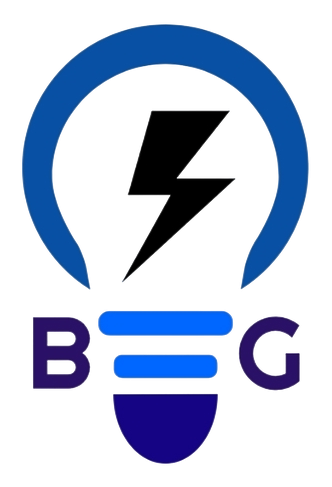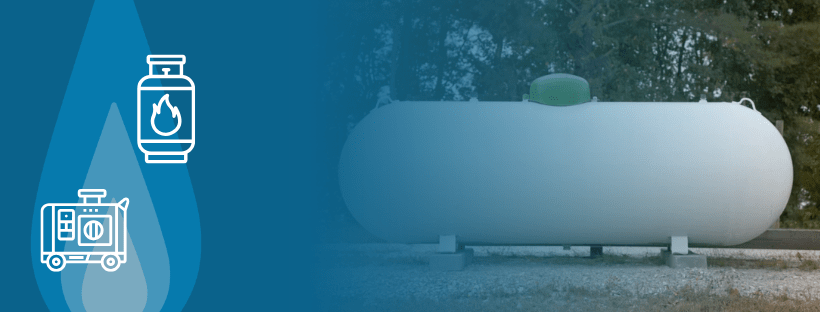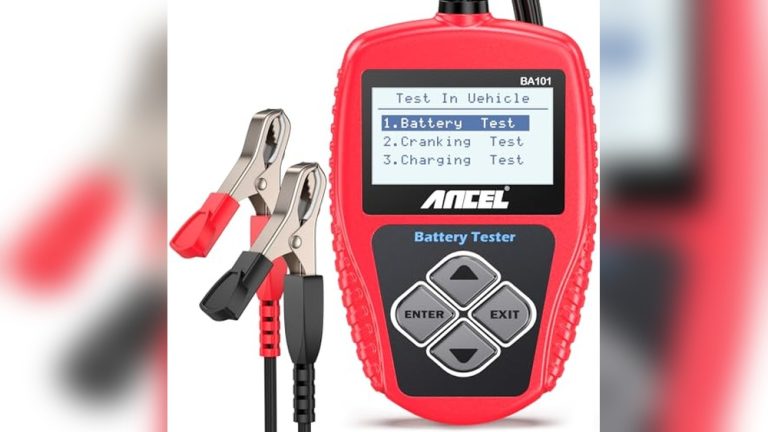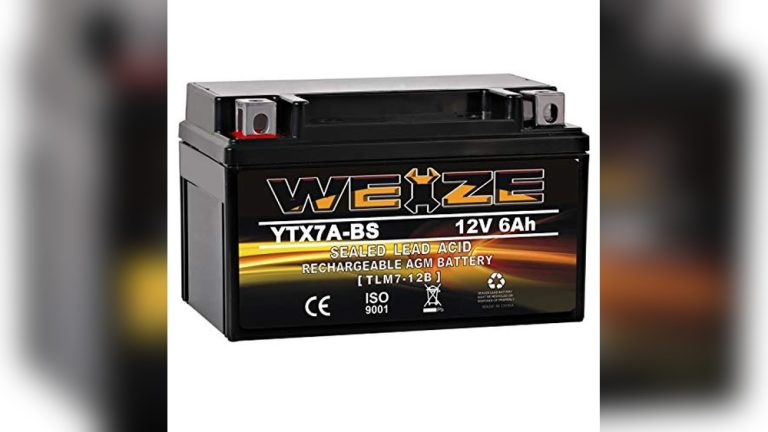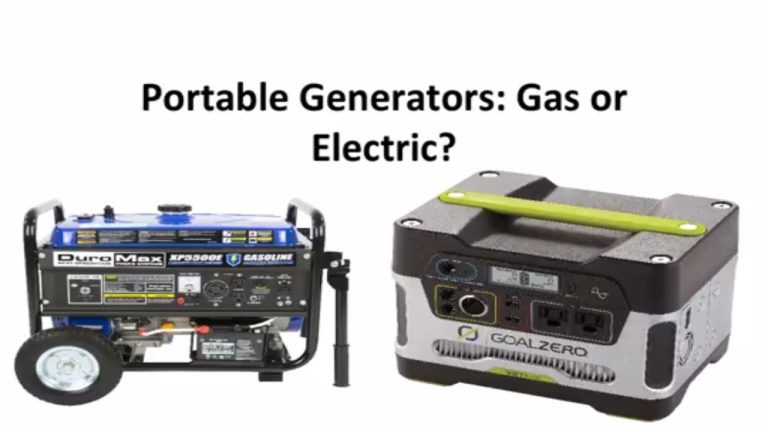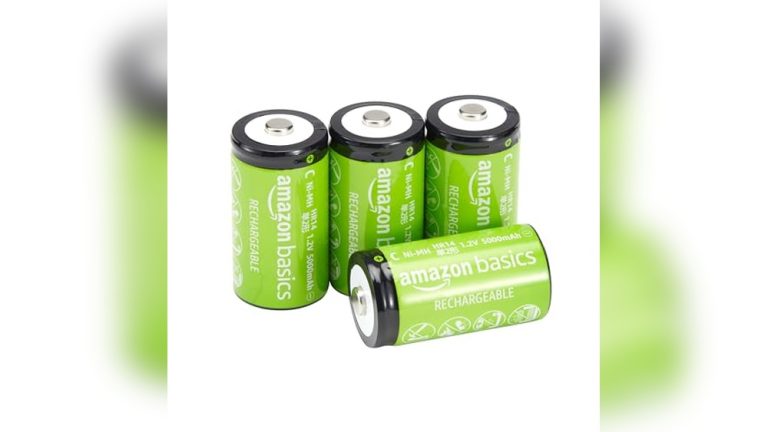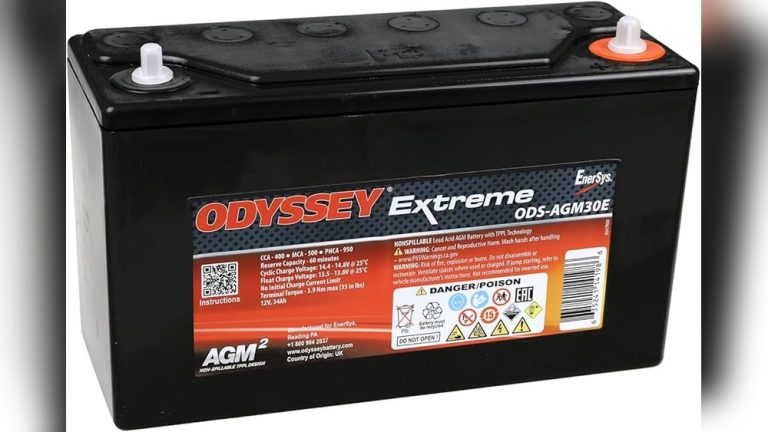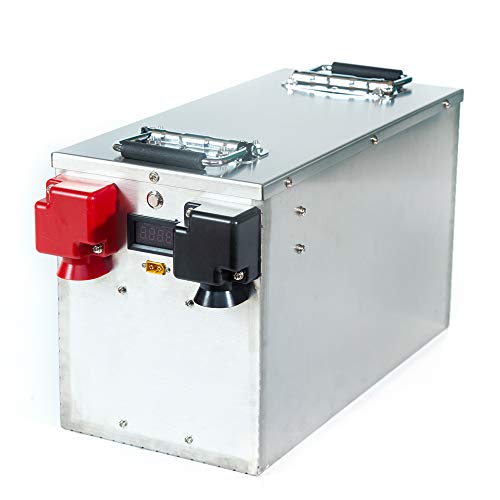Propane Vs Natural Gas Generator: Which is Best for Your Home?
Choosing between propane and natural gas generators can be confusing. Both have their benefits and drawbacks.
Generators are essential for backup power during outages. They keep homes and businesses running smoothly. The choice between propane and natural gas depends on several factors. Each fuel type offers unique advantages and limitations. Understanding these can help you make an informed decision.
In this post, we’ll compare propane and natural gas generators. We’ll look at cost, efficiency, availability, and environmental impact. By the end, you’ll know which generator suits your needs best.
Introduction To Home Generators
Home generators are essential for ensuring your house remains powered during outages. They provide a reliable source of electricity when the main power supply fails. Choosing the right generator is crucial for meeting your energy needs.
Importance Of Backup Power
Having a backup power source is vital for maintaining the comfort and safety of your home. During a power outage, essential systems like heating, cooling, and refrigeration can fail. This can cause discomfort and spoilage of food.
Backup generators can also power security systems, medical equipment, and communication devices. This ensures your home remains secure and you can stay connected with loved ones. A dependable backup power system provides peace of mind and security.
Types Of Home Generators
There are various types of home generators to consider. Each type serves different needs and uses different fuel sources.
- Portable Generators: These are small, mobile units that can be used for temporary power needs. They are less expensive but require manual setup and fueling.
- Standby Generators: These are permanent installations that provide automatic backup power. They are more expensive but offer more convenience and reliability.
- Inverter Generators: These provide clean and stable power, making them ideal for sensitive electronics. They are more fuel-efficient but can be pricier.
Choosing the right generator depends on your power needs, budget, and fuel preferences. Whether you need a portable solution or a permanent standby unit, understanding the options helps you make an informed decision.
Propane Generators
Propane generators are a reliable source of power. They use propane gas to generate electricity. These generators are becoming popular for homes and businesses. They offer a cleaner and more efficient alternative to gasoline generators.
How They Work
Propane generators operate by burning propane gas. The combustion process creates energy. This energy powers an engine. The engine then drives a generator to produce electricity.
Propane is stored in a pressurized tank. It is supplied to the engine through a valve. The engine ignites the propane, creating mechanical energy. This energy is converted to electrical power.
Pros And Cons
| Pros | Cons |
|---|---|
| Propane is clean-burning | Higher initial cost |
| Long shelf life | Requires a storage tank |
| Less maintenance | Limited availability in some areas |
| Quiet operation | Lower energy density than gasoline |
Pros:
- Propane is a clean-burning fuel.
- It has a long shelf life.
- Propane generators require less maintenance.
- They operate quietly.
Cons:
- Higher initial cost compared to gasoline generators.
- Requires a storage tank for propane.
- Propane may not be available in all areas.
- Propane has lower energy density than gasoline.
Natural Gas Generators
Natural gas generators are a popular choice for providing backup power. They offer a reliable and efficient way to keep your home or business running during power outages. Let’s dive into how these generators work, and examine their pros and cons.
How They Work
Natural gas generators function by converting natural gas into electricity. They connect directly to your natural gas line. This means you don’t need to store fuel.
Here’s a simple breakdown of the process:
- The generator gets natural gas from your home’s gas line.
- The engine burns the gas to create mechanical energy.
- This energy turns an alternator, generating electricity.
This seamless process ensures a steady power supply.
Pros And Cons
Understanding the benefits and drawbacks of natural gas generators can help you make an informed decision.
| Pros | Cons |
|---|---|
| Reliable fuel source – Natural gas is often more reliable than gasoline or diesel. | Initial cost – These generators can be expensive to purchase. |
| Convenience – No need to store fuel. | Installation – Professional installation may be required. |
| Cleaner burning – Produces fewer emissions compared to other fuels. | Dependence on gas lines – Requires a natural gas connection. |
| Efficiency – Generally more efficient than other types of generators. | Limited portability – Not as portable as gasoline generators. |
In summary, natural gas generators offer many advantages, such as reliability and efficiency. But consider the costs and installation requirements.

Credit: www.electricgeneratorsdirect.com
Cost Comparison
Comparing the costs of propane and natural gas generators is essential for making an informed decision. This section will break down the costs, focusing on the initial investment and operational costs.
Initial Investment
The initial cost of a generator can vary based on several factors, including type and capacity. Below is a comparison of the initial investment for propane and natural gas generators:
| Type | Average Cost |
|---|---|
| Propane Generator | $2,500 – $6,000 |
| Natural Gas Generator | $3,000 – $7,000 |
Propane generators are usually slightly cheaper upfront. However, the price difference is not significant. Consider the installation costs as well. Propane systems may require a storage tank, adding to the initial investment.
Operational Costs
Operational costs include fuel and maintenance. Here’s a breakdown of the ongoing costs:
- Fuel Costs: Propane costs around $2.50 per gallon, while natural gas is approximately $1.50 per therm.
- Maintenance: Both types require regular maintenance. Expect to spend $100-$300 annually.
Natural gas is usually cheaper in the long run. The lower fuel price makes a significant difference. Over time, these savings can add up, reducing the total cost of ownership.
Consider both initial investment and operational costs when choosing a generator. Making an informed decision will save money in the long term.
Environmental Impact
Choosing between propane and natural gas generators involves many factors. One of the most crucial aspects is their environmental impact. Understanding emissions and fuel sourcing can help make an informed choice.
Emissions
Emissions are a significant concern for generator users. Propane burns cleaner than natural gas. It releases fewer pollutants into the air. This means less smog and better air quality. Propane also produces less carbon monoxide. This makes it safer for the environment and human health.
Natural gas also has its advantages. It produces less carbon dioxide than other fossil fuels. This can help reduce greenhouse gas levels. But it still emits some harmful substances. Methane leaks are a concern. Methane is a potent greenhouse gas. Even small leaks can have a big impact.
Fuel Sourcing
Fuel sourcing affects the environmental footprint. Propane is a byproduct of natural gas and oil refining. This means it uses resources already being processed. But it still relies on fossil fuels. Its extraction and transport can cause environmental damage.
Natural gas is found deep in the earth. Extracting it can be harmful. Hydraulic fracturing, or fracking, is often used. Fracking can contaminate groundwater. It also consumes large amounts of water. This process can lead to habitat destruction.
Considering both emissions and fuel sourcing helps in making a greener choice. Each fuel has its pros and cons. Weighing these factors ensures a responsible decision.
Fuel Availability
Choosing between a propane and natural gas generator involves considering fuel availability. This factor impacts the efficiency and convenience of your generator. Let’s look at the key aspects of storage requirements and supply reliability.
Storage Requirements
Propane requires a storage tank. These tanks come in various sizes to fit different needs. You can install a large tank underground for extended use. Smaller tanks are portable and can be stored above ground.
Natural gas, on the other hand, does not require storage tanks. It connects directly to your home’s gas line. This eliminates the need for extra space for fuel storage.
Supply Reliability
Propane is available in most areas. You can buy and store it in advance. This ensures you have fuel during emergencies. You can also easily transport propane tanks if needed.
Natural gas has a continuous supply through the gas lines. This means you don’t need to worry about running out. But, during natural disasters, gas lines may get damaged or shut off. This can disrupt the supply.
Maintenance And Lifespan
Choosing between a propane and natural gas generator involves considering maintenance and lifespan. Both fuel types have unique characteristics. Understanding these can help you make an informed decision. Let’s break down the key aspects.
Routine Maintenance
Routine maintenance is crucial for both propane and natural gas generators. This ensures optimal performance and longevity.
- Propane Generators: These require regular checks of fuel lines and filters. Propane is a cleaner fuel, which means less carbon buildup. This reduces the frequency of oil changes.
- Natural Gas Generators: These also need regular maintenance, including checking fuel lines and filters. Natural gas can leave more carbon deposits. This might mean more frequent oil changes compared to propane generators.
Durability
Durability is another critical factor. It impacts how long your generator will last with proper care.
| Generator Type | Durability |
|---|---|
| Propane Generators | Propane does not degrade over time. This can extend the generator’s lifespan. Propane generators often have a longer life expectancy. |
| Natural Gas Generators | Natural gas is always available through pipelines. This can ensure a consistent fuel supply. Durability depends on regular maintenance and quality of components. |
Both generator types require careful attention to maintenance schedules. Regular servicing can significantly enhance their lifespan. Choosing the right generator depends on your specific needs and preferences.
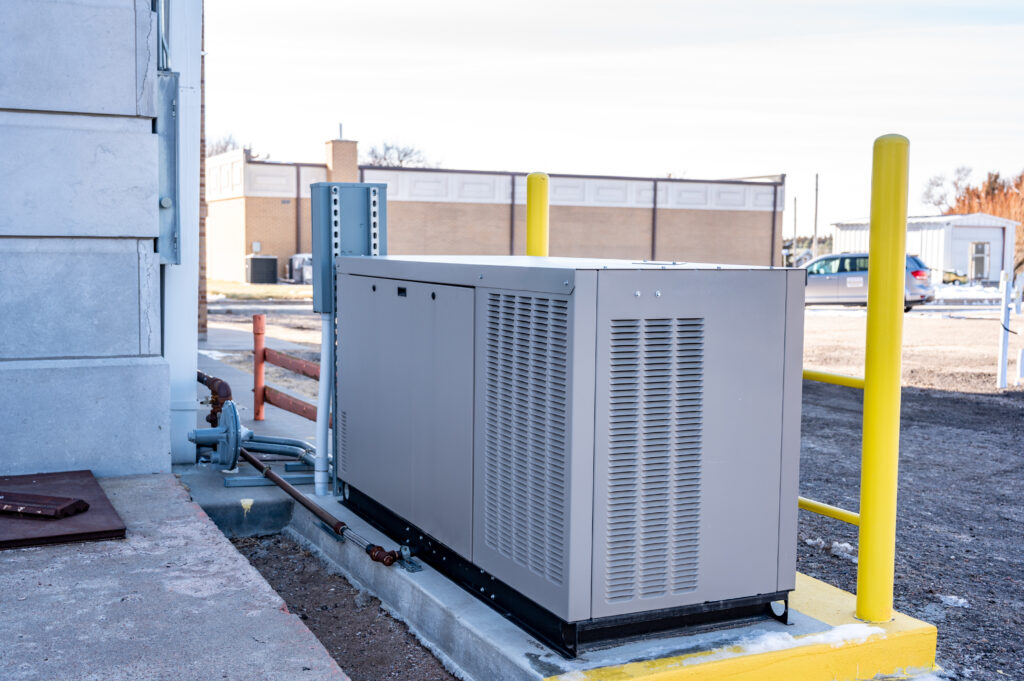
Credit: cat5resources.com
Safety Considerations
When choosing between a propane and natural gas generator, safety is a crucial factor. Both types have their unique risks and safety measures. Understanding these can help you make an informed decision.
Risk Factors
Propane generators have certain risk factors to consider. Propane is stored in pressurized tanks. A leak can cause an explosion. This makes proper storage and handling essential.
Natural gas generators are connected to the gas line. A leak can lead to dangerous gas buildup. It is crucial to have proper ventilation. This reduces the risk of fire or explosion.
Safety Measures
To ensure safety, follow these measures for both types of generators.
| Generator Type | Safety Measures |
|---|---|
| Propane |
|
| Natural Gas |
|
Both generator types have safety features. Modern models include automatic shut-off systems. These systems activate in case of a leak or malfunction. Using these features can prevent accidents.
Making The Right Choice
Choosing between a propane and natural gas generator can be daunting. Each has its advantages and drawbacks. It’s crucial to understand your specific needs and conditions. This will help you make an informed decision.
Assessing Your Needs
First, think about your energy requirements. Do you need a generator for occasional use or constant power supply? Propane is ideal for occasional use. It has a long shelf life. Natural gas is better for continuous power. It connects directly to your home gas line.
Next, consider the availability of fuel. Propane needs regular refilling. Natural gas offers a steady supply. Also, check local prices. Propane and natural gas prices vary by region. This impacts long-term costs.
Finally, evaluate your environmental concerns. Propane burns cleaner than gasoline but emits more CO2 than natural gas. If reducing emissions is key, natural gas is the greener option.
Final Recommendations
If you need a portable, occasional-use generator, propane is suitable. It is easy to store and offers flexibility. For a consistent and reliable power supply, natural gas is preferable. It provides continuous fuel without the hassle of refills.
Weigh the pros and cons of each option. Consider your specific needs, fuel availability, and environmental impact. This will help you choose the right generator for your home or business.
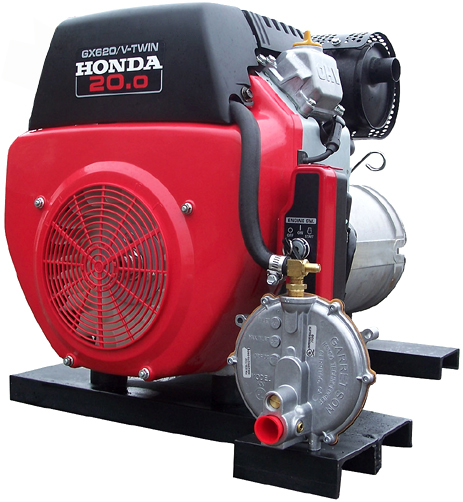
Credit: www.centralmainediesel.com
Frequently Asked Questions
Which Is Better: Propane Or Natural Gas Generator?
Propane generators are portable and have a longer shelf life. Natural gas generators are cost-effective and have a continuous fuel supply.
Are Propane Generators More Efficient Than Natural Gas?
Propane generators are slightly less efficient but offer better portability. Natural gas generators are more cost-effective and efficient for continuous use.
How Do Propane And Natural Gas Generators Differ?
Propane generators use liquid propane fuel, while natural gas generators use natural gas. Both have unique advantages and disadvantages.
Is Natural Gas Cheaper Than Propane For Generators?
Yes, natural gas is generally cheaper than propane. This makes natural gas generators more cost-effective for long-term use.
Conclusion
Choosing between propane and natural gas generators depends on your needs. Propane offers cleaner burning and longer shelf life. Natural gas provides a steady fuel supply and is often more cost-effective. Both options have distinct advantages. Consider your budget, location, and power needs.
Make an informed decision based on these factors. Either choice will ensure reliable power during outages. Always consult a professional for installation and maintenance. Stay prepared and keep your home powered.
